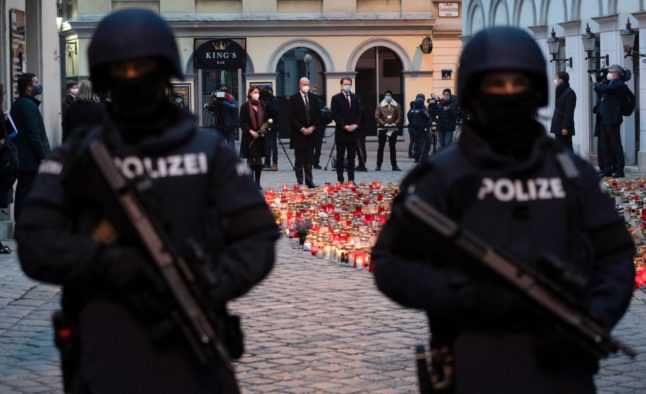The two Salafists – who believe in an extreme form of Islam – were arrested at the German-Austrian border accused of intending to join jihadists in the Middle East. The pair were heading to Salzburg on a bus, which was stopped in the border town of Simbach.
When questioned, they were unable to show their proper identity documents, broadcaster Bayerischer Rundfunk reported on Tuesday, and therefore aroused suspicion.
According to Bavarian Interior Minister Joachim Herrmann, they intended to travel to Syria. "Apparently they were planning to leave Germany, first by bus via Austria and then on to Syria", said Bavarian Interior Minister Joachim Herrmann on Tuesday.
The arrests were made on German territory, therefore Austrian authorities were not involved. Both men normally live in Munich, where one of the men, from Kosovo, had been placed under investigation for attempting to recruit Jihad fighters in Germany. As a result, he was under restriction against leaving Germany.
In unrelated news, two underage teenage girls from Austria were prevented from traveling to Syria on Saturday.


 Please whitelist us to continue reading.
Please whitelist us to continue reading.
Member comments